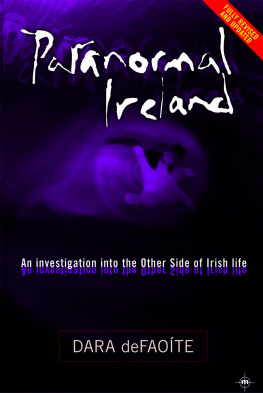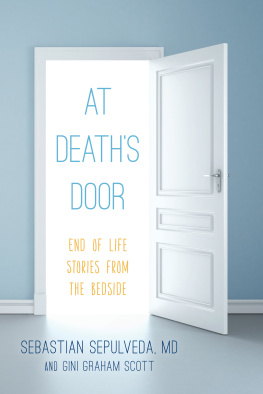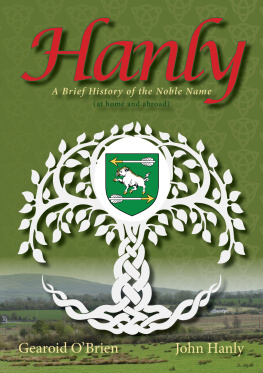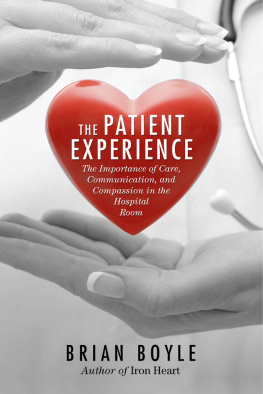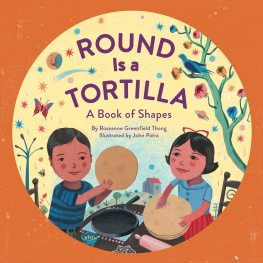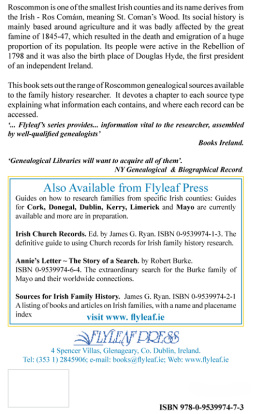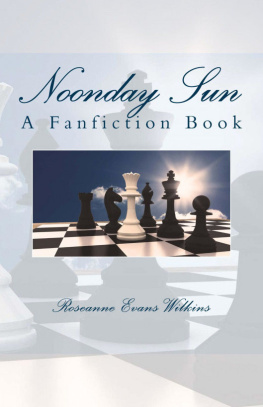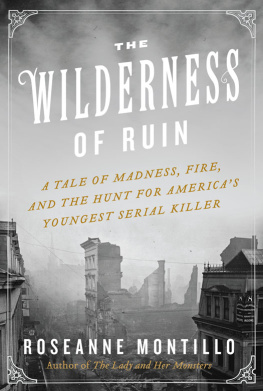
Sebastian Barry
The Secret Scripture
Copyright Sebastian Barry, 2008
'The greatest imperfection is in our inward sight, that is, to be ghosts unto our own eyes.'
Sir Thomas Browne, Christian Morals
'Of the numbers who study, or at least read history, how few derive any advantage from their labours!Besides, there is much uncertainty even in the best authenticated ancient and modern histories; and that love of truth, which in some minds is innate and immutable, necessarily leads to a love of secret memoirs and private anecdotes.'
Maria Edgeworth, Preface to Castle Rackrent
Roseanne's Testimony of Herself (Patient, Roscommon Regional Mental Hospital, 1957-)
The world begins anew with every birth, my father used to say. He forgot to say, with every death it ends. Or did not think he needed to. Because for a goodly part of his life he worked in a graveyard.
That place where I was born was a cold town. Even the mountains stood away. They were not sure, no more than me, of that dark spot, those same mountains.
There was a black river that flowed through the town, and if it had no grace for mortal beings, it did for swans, and many swans resorted there, and even rode the river like some kind of plunging animals, in floods.
The river also took the rubbish down to the sea, and bits of things that were once owned by people and pulled from the banks, and bodies too, if rarely, oh and poor babies, that were embarrassments, the odd time. The speed and depth of the river would have been a great friend to secrecy.
That is Sligo town I mean.
Sligo made me and Sligo undid me, but then I should have given up much sooner than I did being made or undone by human towns, and looked to myself alone. The terror and hurt in my story happened because when I was young I thought others were the authors of my fortune or misfortune; I did not know that a person could hold up a wall made of imaginary bricks and mortar against the horrors and cruel, dark tricks of time that assail us, and be the author therefore of themselves.
I am not there now, now I am in Roscommon. It is an old place that was one time a mansion but it is all cream paint and iron beds now, and locks on the doors. It is all Dr Grene's kingdom. Dr Grene is a man I don't understand but I am not afraid of him. What religion he is I don't know, but he looks very like to St Thomas, with his beard and balding crown.
I am completely alone, there is no one in the world that knows me now outside of this place, all my own people, the few farthings of them that once were, my little wren of a mother I suppose in chief, they are all gone now. And my persecutors are gone in the main I believe, and the reason for all this is that I am an old, old woman now, I may be as much as a hundred, though I do not know, and no one knows. I am only a thing left over, a remnant woman, and I do not even look like a human being no more, but a scraggy stretch of skin and bone in a bleak skirt and blouse, and a canvas jacket, and I sit here in my niche like a songless robin no, like a mouse that died under the hearthstone where it was warm, and lies now like a mummy in the pyramids.
No one even knows I have a story. Next year, next week, tomorrow, I will no doubt be gone, and it will be a smallsize coffin they will need for me, and a narrow hole. There will never be a stone at my head, and no matter.
But small and narrow are all human things maybe.
It is silence all about. My hand is good and I have a beautiful biro full of blue ink, given me by my friend the doctor, because I said I liked its colour who is not a bad man in truth, maybe even a philosopher and I have a bundle of paper that I found in a store cupboard among other unwanted things, and I have a floorboard loosened where I hide these treasures. I write out my life on unwanted paper surplus to requirements. I start with a clean sheet with many clean sheets. For dearly I would love now to leave an account, some kind of brittle and honest-minded history of myself, and if God gives me the strength, I will tell this story, and imprison it under the floor-board, and then with joy enough I will go to my own rest under the Roscommon sod.
My father was the cleanest man in all the Christian world, all Sligo anyhow. He seemed to me all strapped about in his uniform not in any manner haphazard, but regular as an account book. He was the superintendent of the graveyard, and for this work he had been given quite a resplendent uniform, or so it seemed to me as a child.
He had a barrel in the yard that gathered the rain and with that he rinsed himself every day of the year. He would turn the faces of my mother and myself to the wall of the kitchen, and stood without fear of being seen among the mosses and the lichens of the yard, stripped entirely, and laved himself mercilessly in all kinds of weather, in the deeps of winter groaning like a bull.
Carbolic soap, that would have cleaned a greasy floor, he agitated into a suit of suds, that fitted him well, and he scraped at his self with a piece of grey stone, that he stuck into the wall in a particular niche when he was done from where it poked out like a nose. All this I saw by glimpses and quick turns of the head, because I was a dishonest daughter in that way, and couldn't obey.
No circus act could have pleased me in the same way.
My father was a singer that could not be silenced, he sang all the songs of the operettas of those days. And he loved to read the sermons of preachers long gone, because, he said, he could imagine the sermons fresh for some vanished Sunday, and the words new in the mouths of the preachers. His own father had been a preacher. My father was a passionate, I might almost say celestial-minded Presbyterian man, which was not a particularly fashionable quality in Sligo. The Sermons of John Donne he prized above all, but his veritable gospel was Religio Medici by Sir Thomas Browne, a book I still possess in all the flotsam and ruckus of my life, in a little battered volume. I have it here before me on my bed, with his name in black ink inside, Joe Clear, and the date 1888, and the town Southampton, for in his extreme youth he had been a sailor, sailing into every port of Christendom before he was seventeen.
In Southampton occurred one of the kingly or main events of his life, in that he met my mother Cissy, who was a chamber maid in the sailors' boarding house he favoured.
He used to tell a curious story about Southampton, and as a child I received it as the gospel truth. It may have been true for all that.
One season coming into port he could find no bed in his favourite house and was obliged to go further along the windy wastes of terraces and signs, and found a lonely house with a vacant sign stuck out to fish in customers.
In he went and was met by a greyfaced woman in her middle years, who gave him a bed in the basement of her house.
In the middle of the night he woke, thinking he heard someone breathing in the room. Startled, and with that extreme awakeness that attends such panic, he heard a groan, and someone lay on the bed beside him in the dark.
He lit his candle from the tinderbox. There was no one to be seen. But he saw the bedclothes and mattress depressed where a heavy person lay. He leapt from the bed and called out but there was no reply. It was then he noticed also in his very entrails a terrible sense of hunger such as had not afflicted an Irishman since the dark famine. He rushed to the door but to his amazement it was locked against him. Now he was greatly outraged. 'Let me out, let me out!' he called, both terrified and affronted. How dare that old hag lock him in! He banged and banged, and finally the landlady came and calmly unlocked it. She apologised and said she must have unwittingly turned the key against thieves. He told her about the disturbance but she only smiled at him and said nothing, and then went up to her own quarters. He thought he caught from her a strange smell of leaves, of underfloor and undergrowth, like she had been crawling through woodland. Then there was calm, and he snuffed out his candle and tried to sleep.
Next page

